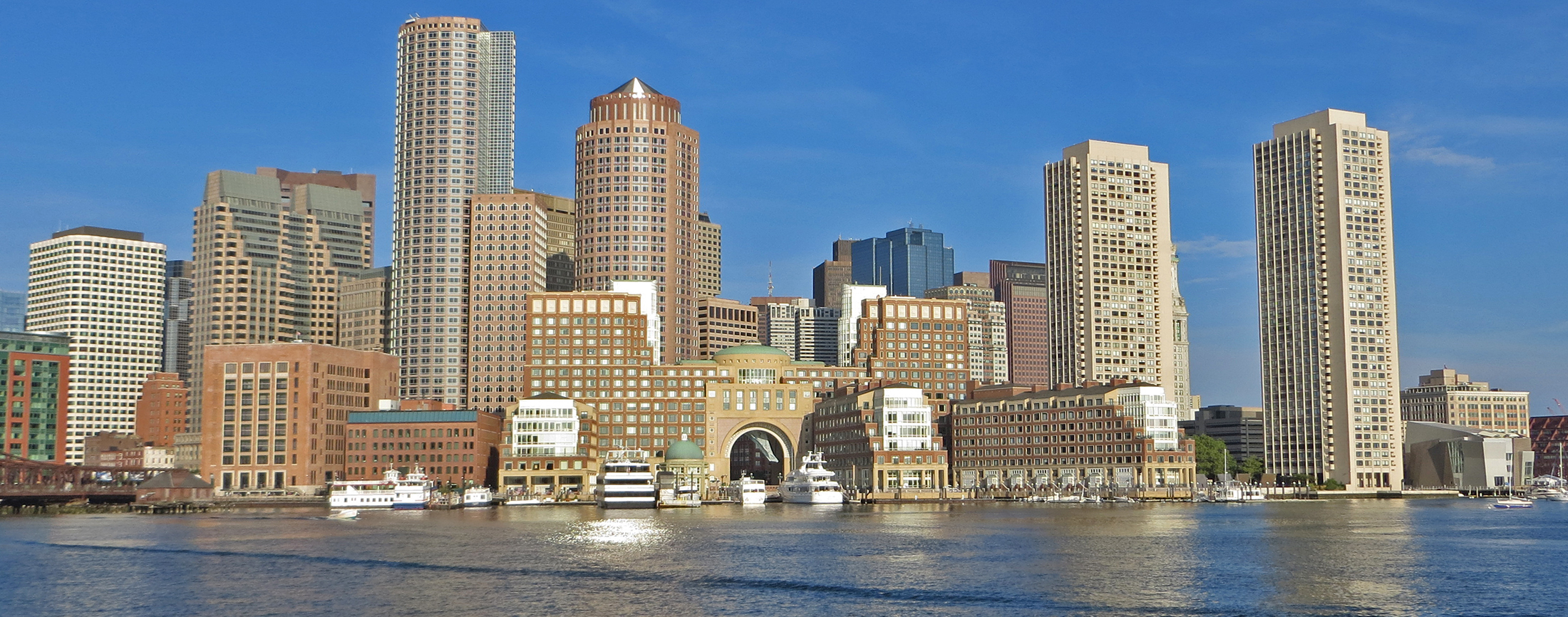Last week, the American Meteorological Society celebrated its 100th anniversary and held its 100th Annual Meeting at the Boston Convention & Exhibition Center. The AMS Annual Meeting is the largest trade show for the weather, water, and climate community, and brings together scientists, broadcasters, authors, professionals, students, and weather enthusiasts from all over the country.
The show featured a variety of educational and social events, including a Presidential Forum and several Presidential Town Hall Meetings during the week. The first Town Hall Meeting was led by Boston Mayor Marty Walsh and was dedicated to climate risk management.
Walsh was first elected mayor of Boston in 2013 (reelected in 2017) and under his leadership, climate action became one of the biggest priorities for the City of Boston. As a result, the city has become a national and global leader among major cities addressing issues related to climate and environment.
Since 2013, Boston has been ranked the number one city in the country for energy efficiency by the American Council of Energy-Efficient Economy.
Mayor Walsh was named North American co-chair of the nationwide C40 Climate Cities steering committee and at the Paris climate conference in 2015, Boston won the C40 Award for Smart Cities and Smart Community Engagement. Two years later, in 2017, Boston led cities nationwide in upholding the country’s commitments to the Paris Climate Agreement.
Another initiative that Walsh has been actively involved in is “Resilient Boston Harbor”, a program designed to protect Boston’s 47-mile shoreline from flooding by creating resilient, accessible open spaces, and preparing buildings and infrastructure.
And at the end of last year, Marty Walsh unveiled the “City of Boston Climate Action Plan 2019 Update” which intends to make Boston carbon neutral by 2050 – the most aggressive energy efficiency goal of any city of the same size.
The City of Boston is also working on implementing a new creative financing program, the Renew Boston Trust, which conducts energy audits and makes energy conservation recommendations for large municipal buildings.
Energy, water and waste conservation are also the focus of our daily operating strategy at the BCEC and the Hynes. We minimize power consumption through sensor-controlled utilities, high-efficiency lighting, and operations strategies that allow us to minimize energy usage in non-occupied spaces.
We are committed to using green cleaning products, sourcing local food and beverage, composting food waste, and increasing our diversion rates year after year.
Learn more about all the green building practices we offer at the BCEC and the Hynes.



